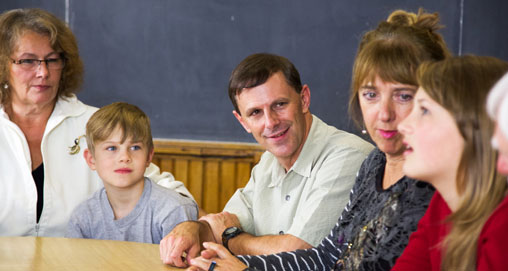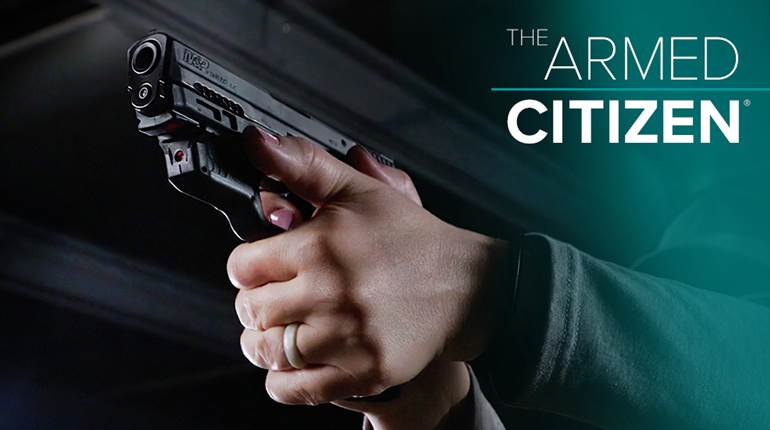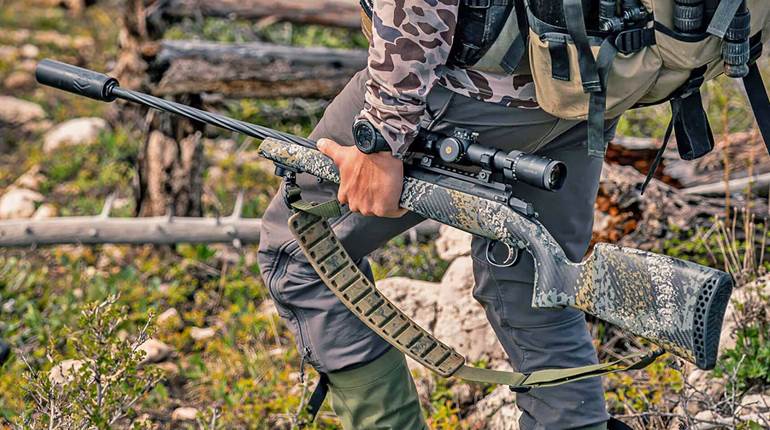
Very few would argue that having a home-defense plan is not an important thing. Unfortunately, most folks limit the scope of their thinking unnecessarily when considering home-defense. Home-defense is not just about using a firearm to defend against a violent criminal attack. It is also about defending the home and family against fire, tornadoes, hurricanes, floods and any other situation, man-made or not, that places the family in danger.
Another major mistake is for the head of the household to think that he alone should devise a plan that will protect everyone. In a criminal attack, the man of the house may be the first one to fall. If that happens, what exactly is the rest of the family supposed to do? Who knows what tools to use and how to use them? Who knows who to call for help? Home-defense has to be the task of the entire family. And the entire family should be involved in the planning.
As painful as it may sound, it really wouldn't hurt to turn the TV off for an hour, or so, and have an old-fashioned family meeting. This family discussion should begin by listing the various dangers that are possible in your area. If you live in Oklahoma, it is probably a waste of time to talk about hurricanes, but tornadoes are a different situation altogether.
Once the list begins to take shape, subsequent family meetings should work on developing a plan to deal with each situation. Lists of equipment and supplies that will be needed should be made, as well as deciding who is going to be responsible for taking care of those supplies and operating the equipment.
I think it is extremely important that the children in a family should also be a part of these planning sessions. During our frontier days, the entire family was involved in defending against the threat of attacks. Those who weren't shooting were busy reloading the guns for those who were. Children who were too young to do any shooting were involved in molding bullets and carrying food and water to the defenders. In short, the frontier family faced the threat as a unified family unit with each having an important task to contribute. That is the same sort of attitude that will protect today's families who have to deal with serious problems that threaten their existence.
Parents must be the judge of their children's maturity and ability to handle assignments. They just shouldn't short-change their kids when it comes to evaluating their skills and abilities. Kids are often far more observant and capable than we sometimes think. As a police officer, I quickly found that neighborhood kids were a great source of information and accurate descriptions. If we needed to know what kind of car the bad guy was driving, I often looked around for any boys between the ages of 12 and 16 to get a complete description.
In assigning tasks to the children of the family, it is often fairly easy to come up with assignments that are important but do not place the child in danger. For example, when you wake up to the smell of smoke in the house, your 5-year-old's job may be simply to escape through the bedroom window and run to the neighbor's house for help. This is assuming, of course, that one knows the neighbors and has made prior arrangements with them.
When firearms are a part of your home-defense plan, the entire family should be part of a firearms program that begins with gun safety. Nothing works for little kids like the NRA's Eddie Eagle program. If your schools don't have the program, help them get it started. If your schools don't want the program, find other ways to sponsor it in your community or neighborhood. In many parts of the country, 4-H has classes on gun safety and basic marksmanship. It would also be a great idea for all of the family gunhandlers to attend NRA shooting classes. And it is an excellent idea for the entire family to attend the same class so that you are all on the same page and speak the same language.
Some years ago, I had a group of my hunting buddies over to the house. They were all out in the den and I was in the kitchen arranging refreshments when I heard my 5-year-old son say, “Don't touch that gun without my dad's permission!”
It turned out that one of the guys had opened my gun case to show a new rifle to the rest of the group. When I stepped out to admonish my son, the friend spoke up, “Don't say a word to that boy. He is exactly right and I should have asked permission.” Kids can and do learn.
While it might be wrong to call these family defense sessions fun, it is amazing to find how they will become interesting and pull the family together. Each member begins to take pride in having a part, however small, in the welfare of the family unit. Having a plan helps keep their natural fear under control. Family members learn not only what their duties will be, but what the rest are tasked with, too.
In time, these family meetings may become a weekly affair, discussing the issues that you are faced with and how to best deal with them. Home-defense is really family defense and the whole family should be involved. Besides, it will give the TV a much needed rest.





































